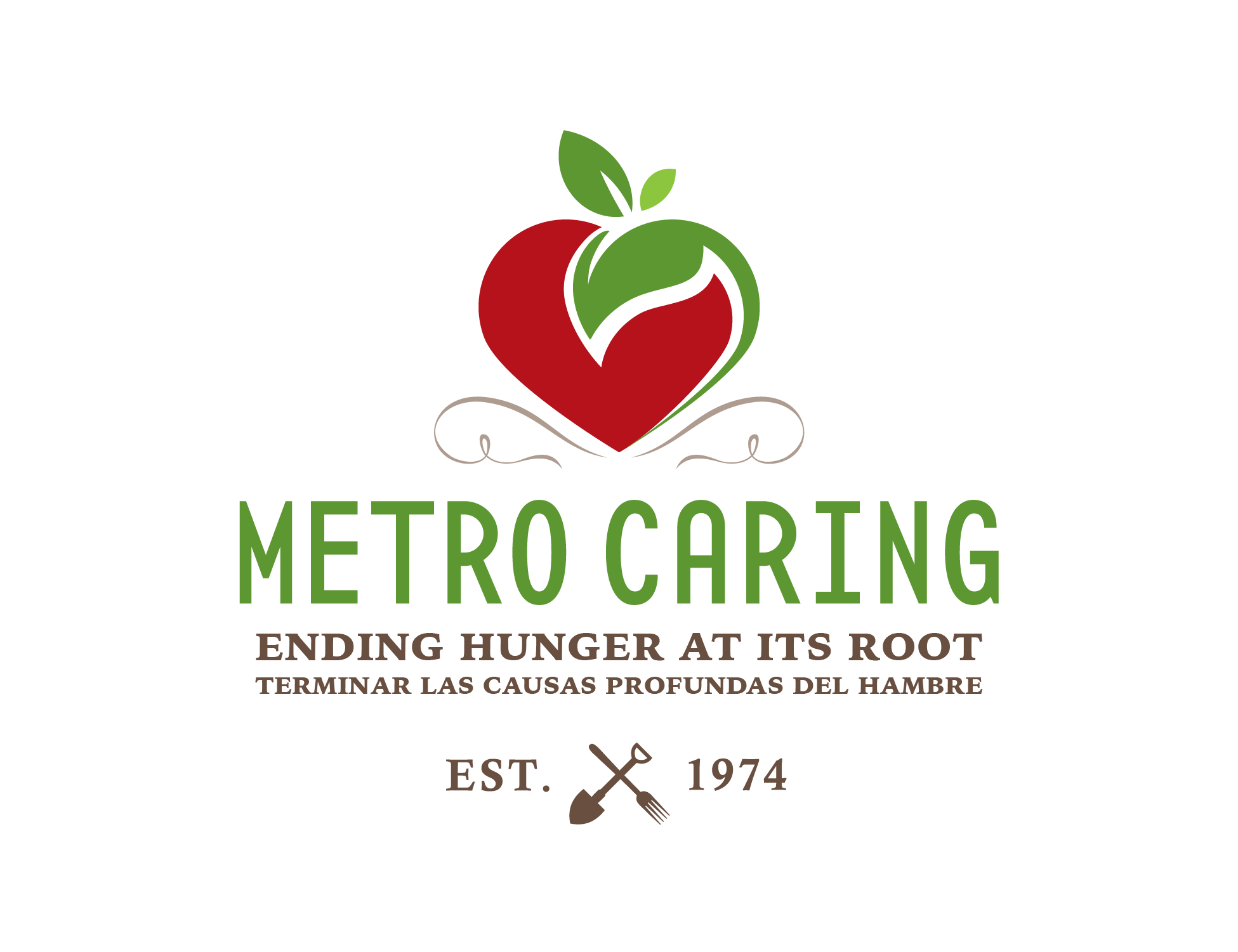Teva Visits Nourish Scotland, a UK Anti-Hunger Organization
We found the sow with her day-old piglets in the woods at the edge of a field, up a steep hill from the farm’s market. She snorted, wary of our approach, so we snapped a few quick photos and backed away. This was not your average meeting. Pete Ritchie, the founder and Executive Director of Nourish Scotland by week, and family farmer most of his remaining waking hours, doesn’t do things in a typical fashion. 90 minutes into our meeting, he surveyed my footwear and asked if I was up for a walk: a piglet hunt. The sow had gone off somewhere to birth her litter the previous day, and he wanted to find her and see how she and her brood had fared.
We met on a Sunday afternoon at his farm, and he’d already slaughtered two hogs, fed all his animals and completed a host of other farm chores. I sipped a lemonade on the farm’s café porch with him, trying to understand how he and his young organization had gained so much ground on hunger in the five years since they’d gotten their start.
The UK largely stamped out domestic hunger in the post-WWII era, through a combination of economic factors that led to plenty of jobs and strong wages coupled with universal healthcare, education and a strong social safety net for those who couldn’t work. Following the 2008-09 recession, however, the government rolled out a series of austerity measures which led to a spike in domestic poverty. Looking more and more like the U.S. (with shrinking welfare and rising poverty) and less like the rest of Europe, the Brits initially looked to the U.S. for ideas, and by 2013 spawned a robust charitable food sector with hundreds of food pantries, and an organization called Trussell Trust at the helm of the movement.
In the US, we often conflate hunger relief with ending hunger. This confusion surfaces everywhere, from Feeding America’s marketing materials to conversations over the kitchen table, but in the UK, this was a new notion. It infuriated Pete Ritchie and others, who believed that the government had turned its back on those most in need of its support, outsourced the public good to the charitable sector, and failed in its job to ensure people’s right to food. Five years later, Nourish Scotland, part of the End Hunger UK collaborative, have built public consensus in Scotland, and much of the rest of the UK, that the proliferation of food pantries merely treats the symptoms, and that to end hunger, focus and energy must be placed on calling government to task and putting together a just food system, rather than intensifying charitable food distribution efforts.
Pete and others (several of whom I’m in conversation with) found the idea that food waste - should be gathered and redistributed with other castoffs and donations to those who could no longer afford to buy food - a deplorable and undignified concept. They labeled the unsavory mash up of two separate problems - food waste and food insecurity - a misanalysis, and balked at the notion that one problem should be the answer to another. They believe both need their own solutions, and set out to help others analyze the problems more critically. (The UK is also gaining ground on food waste with Tesco, the nation’s leading food retail chain, which boasts under 1% food waste, and striving for half that number.)
Nourish Scotland, and partner groups in End Hunger UK, such as Oxfam UK, organized citizens impacted by food insecurity to speak up and tell their stories and talk frankly about the humiliation of feeding their families from pantry handouts. They organized a massive grassroots campaign including food justice workshops and town hall style meetings, trained a robust network of activists, and advocated ferociously in Parliament. They built a dignity framework, created a food leadership program, hosted conferences, and published studies and reports on the food system. It’s working. In notoriously independent Scotland, whose population is roughly the size of Colorado, they have the ear of the majority in their parliament and are on the cusp of passing a Good Food Nation bill, to rectify much of what is broken in the food system. Emma Revie, the new Executive Director of Trussell Trust (the UK equivalent to Feeding America), published an opinion piece in the Guardian earlier this year about why food banks should never become the norm and is rolling out a five-year exit strategy to close the majority of pantries across the UK and focus resources on root causes instead.
Scotland and Colorado are more alike than you might think - both are home to around 5 million people, have roughly even political splits, and a mix of rural, urban, and suburban communities. Maybe it was the scotch tastings, or all the unlikely sunshine we encountered in the UK, but I left feeling fired up to bring the fight home. If a five-year old nonprofit with only six staff can change the way we think about hunger and how we solve it, so can we.

